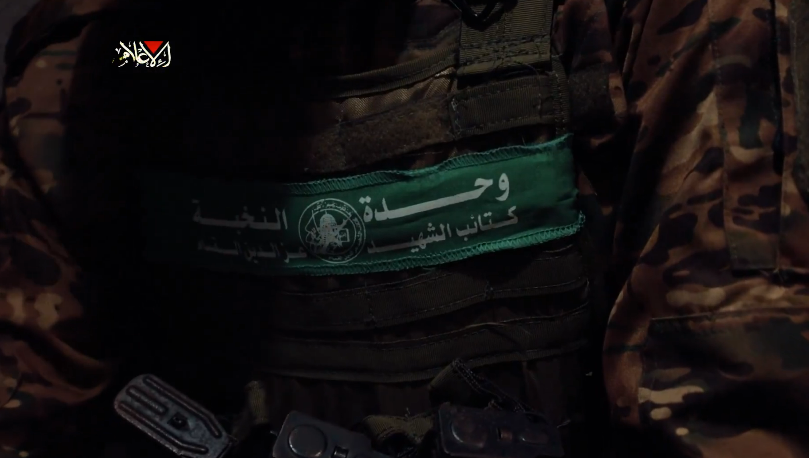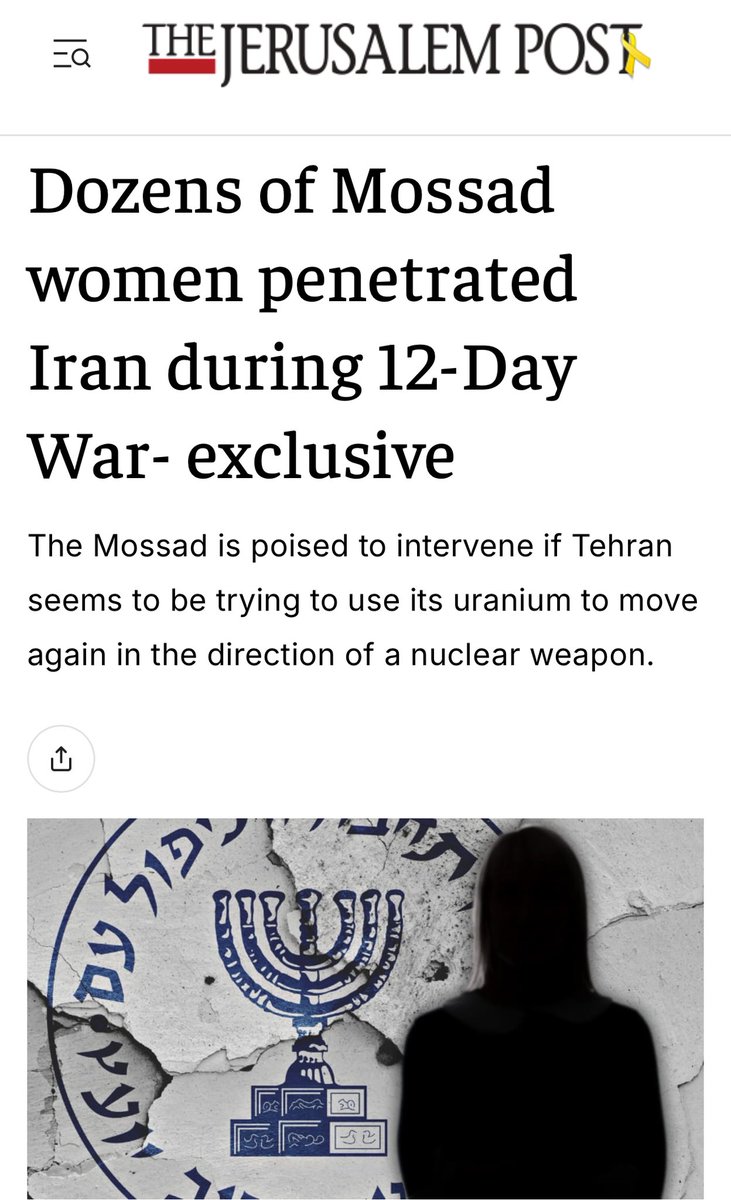He gave the occupier exactly what they wanted: validation from the so-called left that Hamas is beyond negotiation and that the only acceptable framework is Israel’s endless war.
Bernie Sanders is not a friend of Palestine, he is the reliable mouthpiece of Zionist framing dressed in progressive language.
Every statement he makes begins by spitting on Hamas, branding them as the irredeemable “terrorists” so that his audience can applaud his supposed “courage” while nodding along to the occupier’s script.

Bernie Sanders is not a friend of Palestine, he is the reliable mouthpiece of Zionist framing dressed in progressive language.
Every statement he makes begins by spitting on Hamas, branding them as the irredeemable “terrorists” so that his audience can applaud his supposed “courage” while nodding along to the occupier’s script.

He plays the part of the left mask of empire: a Zionist clown who borrows the vocabulary of justice while defaming the only resistance that actually fights on the ground.
His function is clear, he launders Israel’s narrative into progressive spaces, repackaging it in terms palatable to liberals who want to feel moral without ever confronting the state machinery of genocide.
Sanders gives them the illusion of opposing slaughter while keeping their loyalty firmly tied to the Zionist project.
His function is clear, he launders Israel’s narrative into progressive spaces, repackaging it in terms palatable to liberals who want to feel moral without ever confronting the state machinery of genocide.
Sanders gives them the illusion of opposing slaughter while keeping their loyalty firmly tied to the Zionist project.
What gets paraded as solidarity is, in practice, sabotage. His words don’t challenge the system, they stabilize it.
They provide comfort to audiences who want to condemn genocide abstractly while refusing to support the resistance that prevents Palestine from being erased.
That is his true role: the gatekeeper who keeps liberal outrage safe for Israel.
They provide comfort to audiences who want to condemn genocide abstractly while refusing to support the resistance that prevents Palestine from being erased.
That is his true role: the gatekeeper who keeps liberal outrage safe for Israel.
• • •
Missing some Tweet in this thread? You can try to
force a refresh






